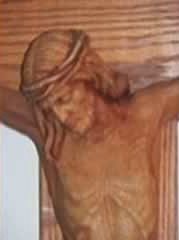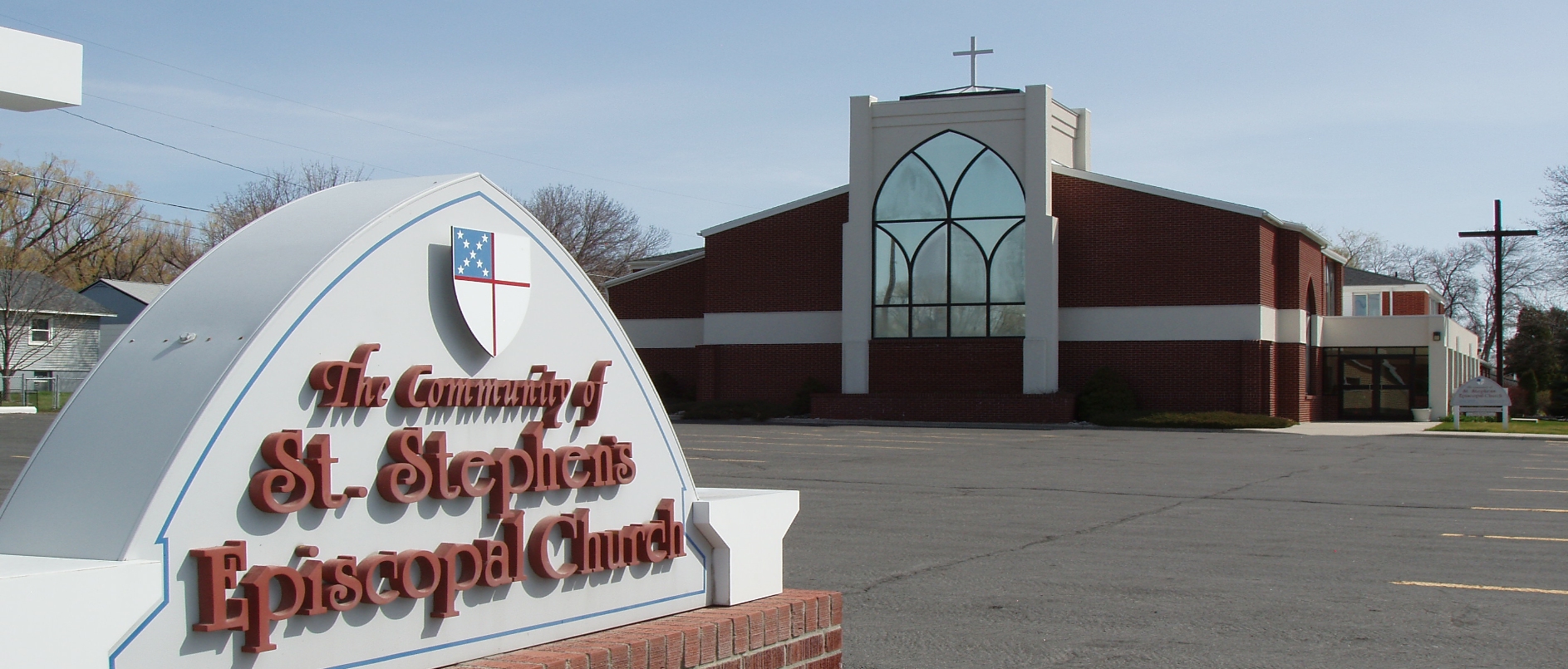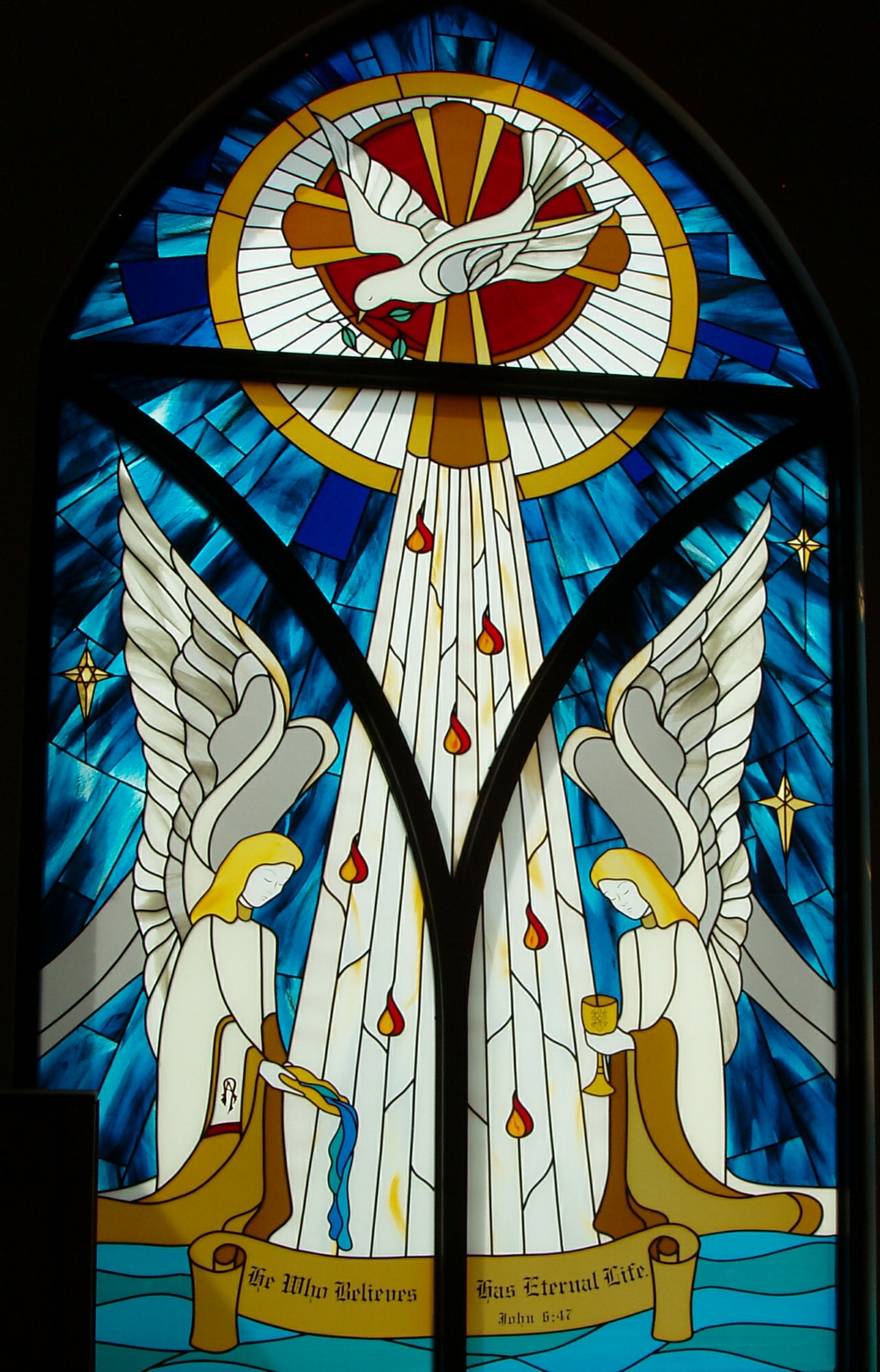Fr. Jacob's August 2014 Newsletter Message
"Neverthless"
"Out of the crooked timber of humanity, nothing straight can be made". So said a great German thinker of the eighteenth century. Our age's repeated catastrophic ventures towards utopian visions of humanity - be they Soviet man or horrific fantasies of racial purity etc. - offer a similar lesson: the dream of a humanity freshly made straight ends not in utopia but in a nightmare shrouded in the grief of the innocent.
I have been thinking about the humanity of our Savior. To be an orthodox Christian is to believe that the second person of the trinity became one of us. A single person, the Son, who is both fully divine and completely human. Alike in us in every respect, except sin. The same passions as us, the same desires that make us human and a human will wholly united to the single loving will of the Trinity. As a man the Son was contained in the womb of his mother, born, suffered, and died. So to say, the infinite contained in the finite.
No fantasies here of erasing all that has been. For it is precisely this knotty, crooked world that needs redeeming. The Lord enters his world to save and heal, so to say, from the inside out.
And what does this look like?
It looks like all that is human elevated and united to the very life of God. Our passions, our desires, our willing, our birth, our life, our death.
In thge Garden of Gethsemane we see this most clearly. The Lord knows his death is near and like all flesh he desires life. It is a good desire. It is not sinful. "Father if thou be willing remove this cup frim me, nevertheless not my will but thine be done,".
But the Lord shows us a better way - to take our fears, our desire for life, our will to live - natural not sinful and human oh so human - and lift them to God. Even our fears can be lifted to the Lord and trusted to his loving purpose. "Not my will but thine be done".
It is precisedly the Word as man that speaks in the Garden. His will is our will, his desire is our desire, so that his obedience may become our obedience.
For us - not the utopian fantasy of a world without a past - but instead the slow work of uniting our "Yes" with the "Yes" of Christ. Our fears, our passions, our willing united to His. Even to the very end and because He has made it all possible.
The crooked timber of our humanity not hammered straight in some utopian fantasy but united to the One who was faithful unto the crooked timber of the Cross.
Nevertheless not my will but thine be done. Not my will but thine be done.
Blessings,
Fr. Jacob


